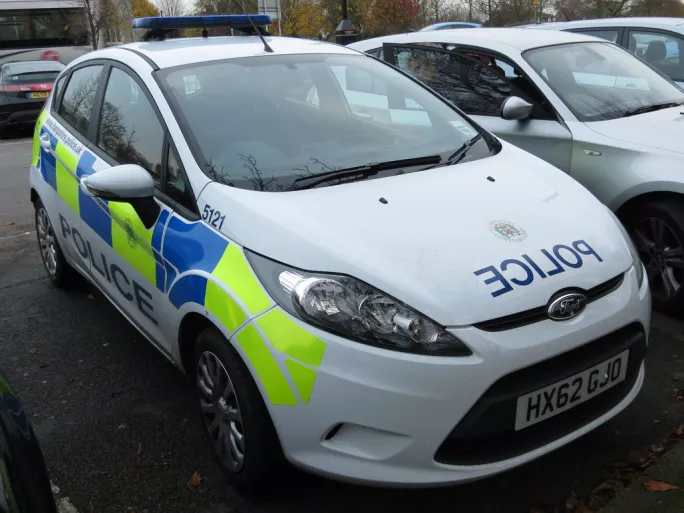Thomas Gilbertson, a neighbourhood engagement officer in the Hampshire police constabulary, writes:
It’s 9.30 on a Monday morning and you look out of your classroom window to see a marked police car parked outside the school reception. What’s happened? Which little terror will be dragged off to the station? What will the corridor rumour mill churn out? What are those officers up to?
The reality is much different to what you may imagine. Those officers are not there because someone dialled 999, but because one of your school leaders sent an email that may turn out to be one of the most important emails ever to leave their outbox.
Policing has changed drastically over the past few years. As neighbourhood engagement officers, my colleagues and I spend the vast majority of our time preventing crime from ever occurring, whether that’s reducing the likelihood of someone becoming a victim or a perpetrator. Dig deeper and you find that, regardless of whether we are helping the good or turning around the bad, we are seeking to identify and tackle vulnerability.
How does this transfer to schools? Firstly, it is pertinent to point out that from a policing perspective, vulnerability knows no bounds. Children can be at risk of becoming victims or offenders regardless of postcode or socio-economic background. There are countless high-profile incidents in all too recent memory to support this.
It may surprise you to hear that the hardest schools for us to engage with are those whose students come from a wealthier socio-economic background. The image of a police car in the car park need not be a negative one. Tell your parents what you are doing and, from past experience, I can say that they will support you.
Here in Southampton, we have found that there is a range of services we can offer to our schools to help tackle vulnerability together. We have confirmed a number of memorandums of understanding with schools, detailing when and how we can assist with an incident that has occurred on school grounds. These come from in-depth consideration of the schools’ behaviour management policies and our own force guidelines and are different for each school.
On 26 February this year, we also delivered a day-long input on the topics of the police, firearms and knives to support the PSHE curriculum at the Polygon School, one of our most supporting partners. Not only did this equip the pupils with the facts that they may one day need to make the right decision, it succeeded in shattering barriers that some people thought could never be broken - ie, breaking down the students’ negative perception of the police.
Lastly, simply by meeting for a cup of tea with school leaders once a month, we are able to share information to assist vulnerable young people inside and outside school. Most often those people will not need police intervention, but with our already strong links with councils and social services, we can support schools.
The potential is huge and all I ask is that you email your Local Policing Team and let them know that you are interested and willing to discuss this potential. Help us to help you support your young people.




